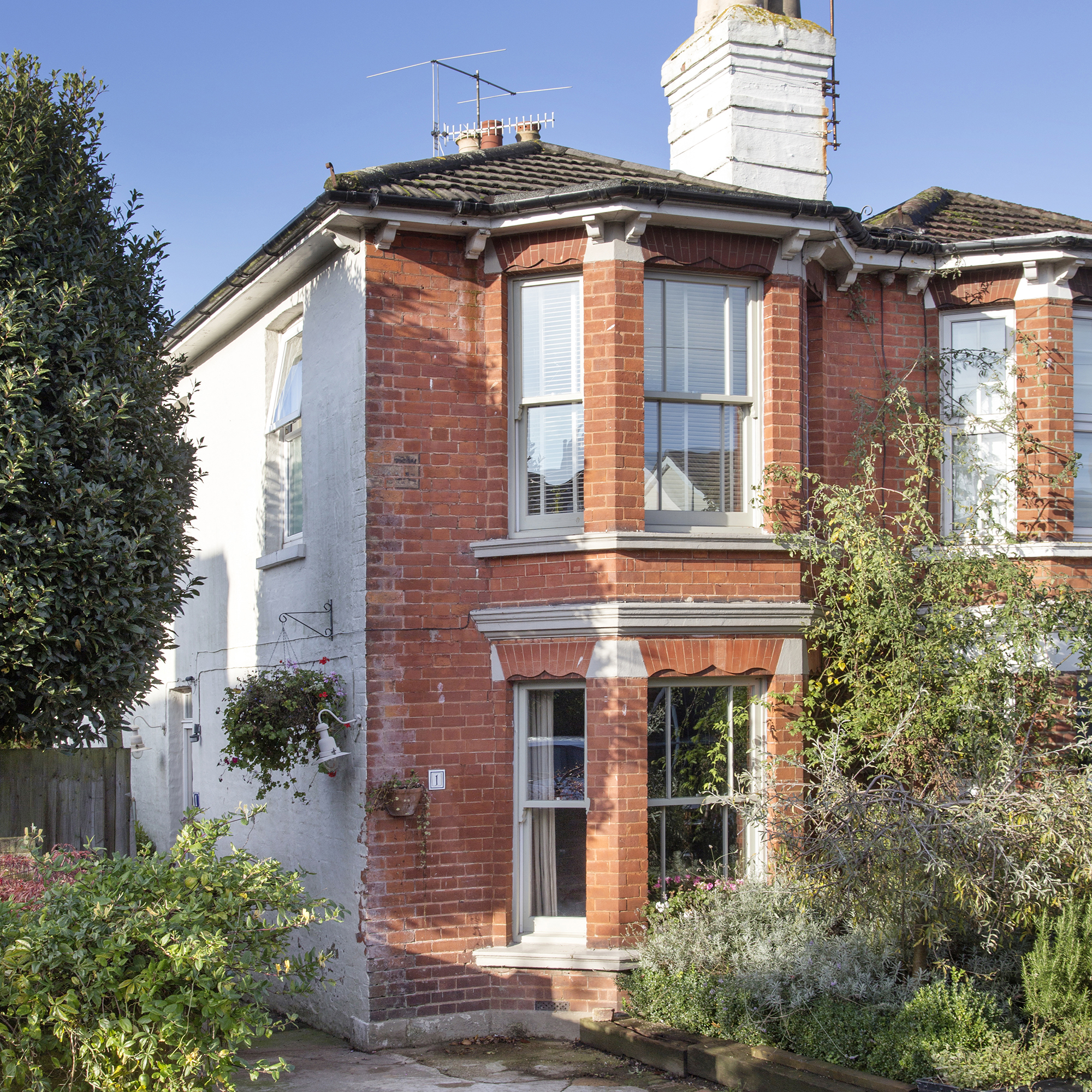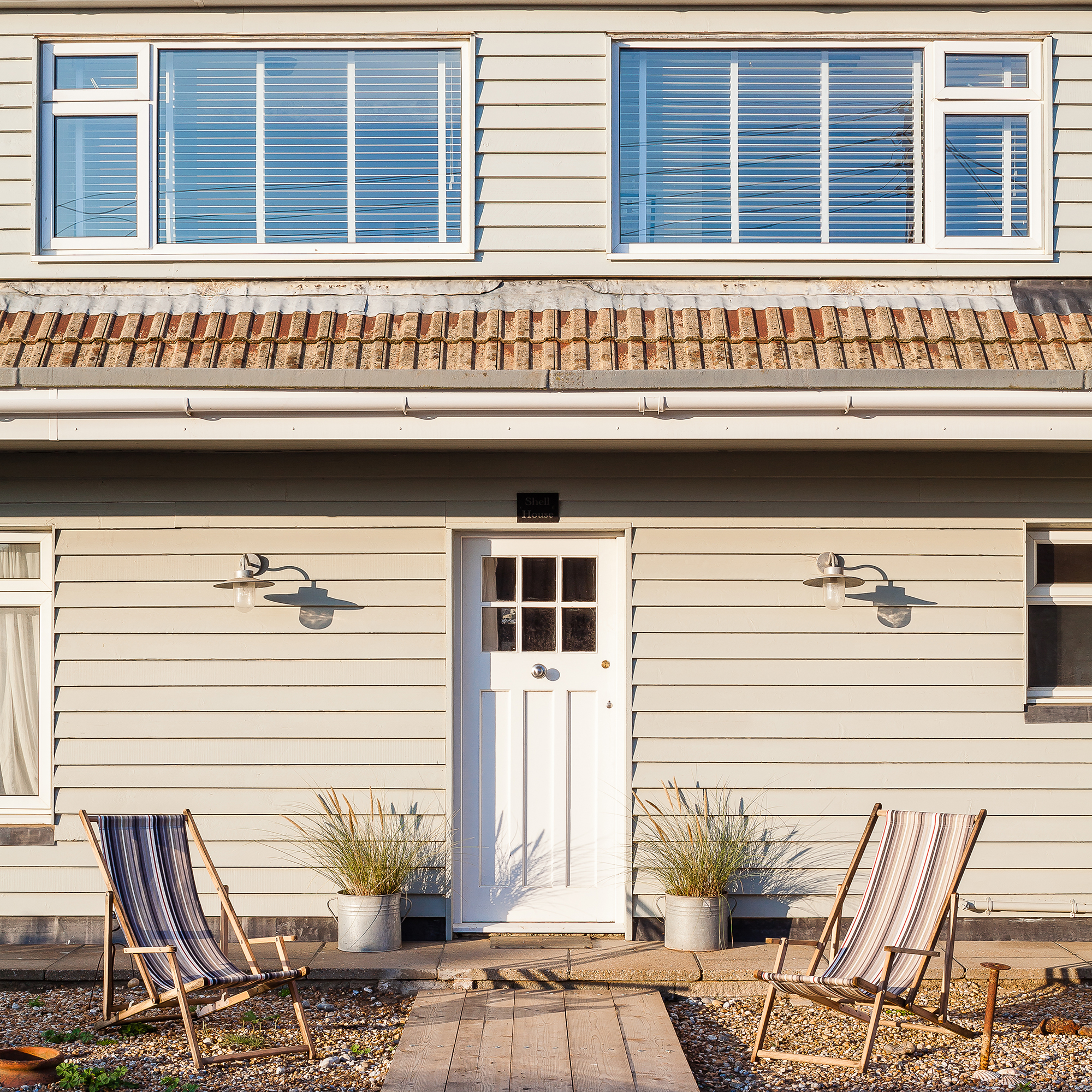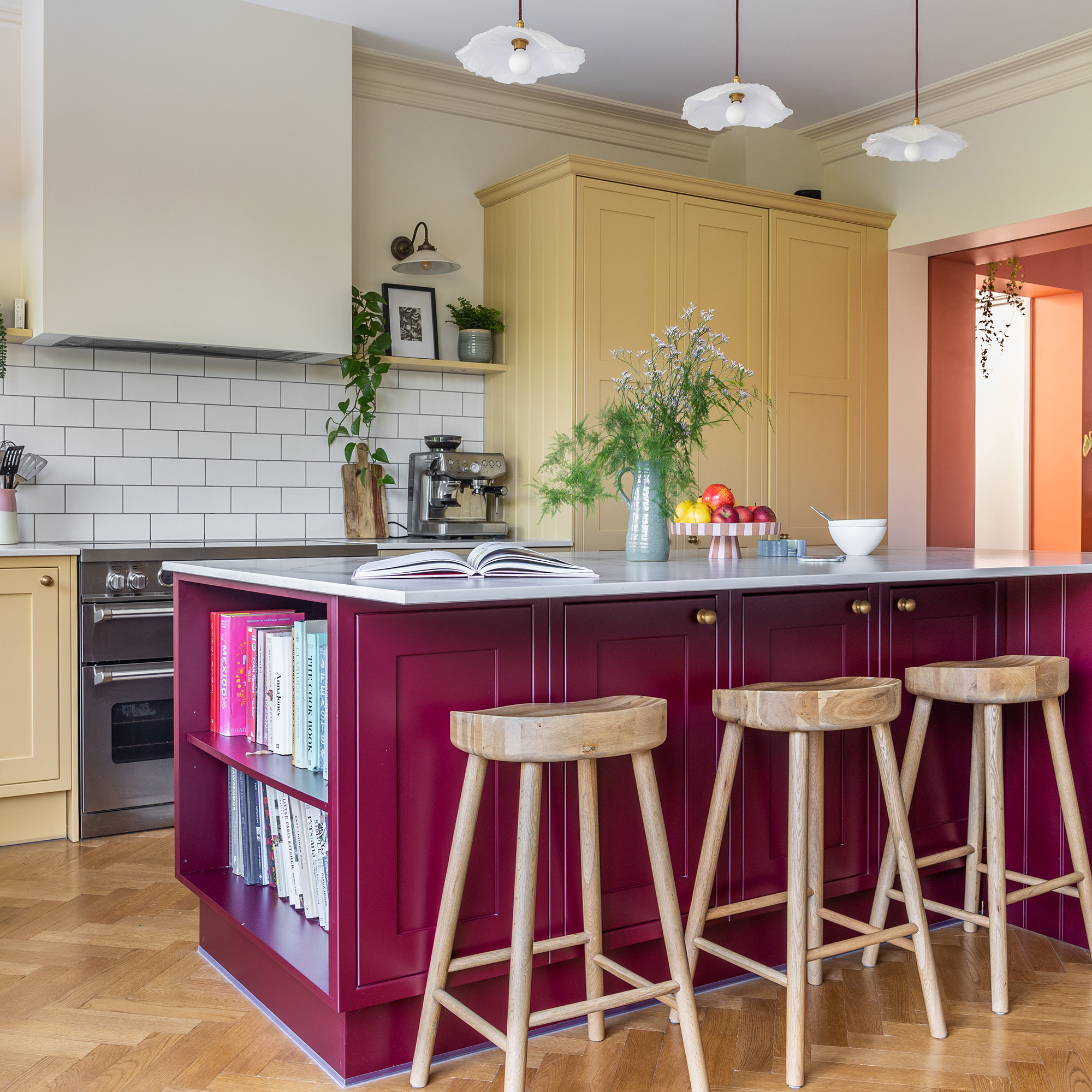What happens when you pay off your mortgage?
Ever wondered what happens when you pay off your mortgage? There’s more to it than throwing a party!

Settling your mortgage once and for all is an exciting prospect. But aside from throwing a party to celebrate that release, in reality what happens when you pay off your mortgage?
You’ve probably dreamt of the day when you’ll be free from shopping around for the best mortgage rates and the burden of large monthly repayments.
Here, we take a look at how to tie up loose ends and plan for the future.
What happens when you pay off your mortgage?

You now own 100 per cent of your home, assuming no other parties or lenders have a stake in it.
If you had a repayment mortgage, you will have paid off the capital borrowed and interest charges on it over the lifetime of the loan. With an interest-only mortgage, you will have made all interest payments during the loan’s lifetime, and then repaid the original capital at the end of the agreement.
The good news is that means no more monthly mortgage payments to make. But there are still a few boxes to tick and some paperwork to complete.
- First, contact your lender to find out your mortgage redemption details. This is the final amount due to settle your home loan, plus any fees owed.
- You may need to pay an ‘account fee’ if you deferred one to the end of your mortgage term.
- A redemption fee may also apply, also known as an ‘exit fee’.
- Once you have officially paid off your mortgage, contact your bank to ensure any future direct debits or standing orders are cancelled.
- Your lender will surrender its charge over your home. And you can reclaim the title deeds, which show the chain of ownership of a property.
Rachel Springall, a finance expert at comparison service Moneyfacts.co.uk, says: ‘Homeowners need to ensure they have their title deeds back if they were held by a lender or solicitor. Plus, it’s wise to check the deeds to see if the property is registered with the Land Registry.’
Get the Ideal Home Newsletter
Sign up to our newsletter for style and decor inspiration, house makeovers, project advice and more.
Visit HM Land Registry to find out more. There is a small fee if you want an official copy of the deeds. If you instruct a solicitor, they can help you finalise the arrangements, update the Land Registry, and obtain a copy of the title deeds.
What are my options when the mortgage is paid off?

If you plan to live in your home mortgage-free, you might want to put the extra cash you’ll now have towards renovation or retirement plans.
Brian Murphy, head of lending at broker network the Mortgage Advice Bureau, says: ‘Some may prefer enjoying luxury items or experiences, or paying for a home renovation. Others may want to reduce their income and hours to restore a better work-life balance.’ He adds: ‘It’s important to keep a decent cash buffer to accommodate for rising costs too.’
Experts encourage you to make your pension a priority once you’ve paid off your mortgage. Rosie Hooper, a chartered financial planner at advice and wealth management company Quilter, says: ‘It’s wise to plough this extra money into a pension. Not only is it tax efficient, but with a healthy pension and a mortgage-free property, you’re well on your way to achieving the retirement you have dreamed of.’
What if I need money tied up in the house?

There’s the option of downsizing, which frees up capital from a house sale, assuming the one you buy next is cheaper. This might not appeal if there’s a limited supply of properties for sale in the area you want to live. There’s no guarantee of finding a buyer for your home either.
Equity release is another option. You take the cash value of a chunk of your home. This sum is repaid, with interest, when the property is sold – either after you die or move into long-term care.
You can make interest repayments while you’re alive. This preserves the portion of property you own for inheritance purposes. Hooper adds: ‘It’s very important that anyone looking to do this sees a financial adviser. ‘Equity release is complicated, and is not the right course for everyone. Having saved for years to pay off your mortgage, it’s critical that you take these next steps very carefully.’
Can I re-mortgage if I have paid off my mortgage in full?
Yes – but its technical name at this stage is an unencumbered mortgage. Hooper says: ‘This is a very advantageous position to be in, and lenders will give you favourable deals as a result.’
You still need to pass affordability checks and repay the loan over a period of time, just like a regular mortgage. The loan is secured against your property, so failing to keep up with repayments puts your home at risk of repossession. ‘Once again, getting financial advice is critical,’ adds Hooper.

Laura Shannon is an award-winning consumer and money journalist with more than a decade of experience in her field. She has written for a number of titles including Metro, The Times, Daily Mail, and held the post of personal finance correspondent at The Mail on Sunday for eight years. She is passionate about helping people to save, understand, and manage money more effectively.
-
 A strict colour palette and vintage finds have turned this semi-detached Edwardian house into an elegant family home
A strict colour palette and vintage finds have turned this semi-detached Edwardian house into an elegant family homeSticking to a three-colour palette of green, pink and yellow and mixing in plenty of vintage furniture and art has created an authentic period feel
By Stephanie Smith
-
 A top-to-bottom renovation has turned this Edwardian house into a lovely family home
A top-to-bottom renovation has turned this Edwardian house into a lovely family homeWith a few considered structural changes, this period house has been turned into a family home and has created a sanctuary for years to come
By Maxine Brady
-
 How to heat a conservatory
How to heat a conservatory7 practical options to consider for year-round comfort
By Amy Reeves
-
 You can claim back over £300 a year from HMRC if you work from home - here’s how to check if you’re eligible
You can claim back over £300 a year from HMRC if you work from home - here’s how to check if you’re eligibleWhen it comes to saving, every little helps
By Kezia Reynolds
-
 Experts have revealed the best day to renew your home insurance policy - you’ll want to do it sooner rather than later
Experts have revealed the best day to renew your home insurance policy - you’ll want to do it sooner rather than laterDon't leave this task at the bottom of your to do list
By Kezia Reynolds
-
 Is a variable rate mortgage ever a good idea? Experts weigh in
Is a variable rate mortgage ever a good idea? Experts weigh inOur money expert explains what a variable rate mortgage is, who they can be good for, and the pros and cons of this kind of mortgage
By Samantha Partington
-
 I’m a first-time buyer, what are my chances of getting a mortgage right now?
I’m a first-time buyer, what are my chances of getting a mortgage right now?And what you can do to increase your odds
By Rachel Wait
-
 Should you ever pay above the asking price for a home?
Should you ever pay above the asking price for a home?Our money expert explains whether you should ever pay over the asking price for a home, especially if house prices fall as predicted
By Samantha Partington
-
 Should I fix my mortgage and how long should I fix for?
Should I fix my mortgage and how long should I fix for?We speak to the experts to find out whether you should fix your mortgage and how long for as well as the impact further interest changes could have on your decision
By Samantha Partington
-
 We put your mortgage questions to two leading experts, here's what they said
We put your mortgage questions to two leading experts, here's what they saidAs mortgage panic continues, we've answered the most common questions - from when mortgage rates will come down, to when you actually have to pay stamp duty
By Samantha Partington
-
 'My mortgage is set to skyrocket - what should I do?' 5 potential solutions from a money expert
'My mortgage is set to skyrocket - what should I do?' 5 potential solutions from a money expertIf you're facing higher mortgage costs, our money expert explains various courses of action you could take to ease the pressure
By Samantha Partington